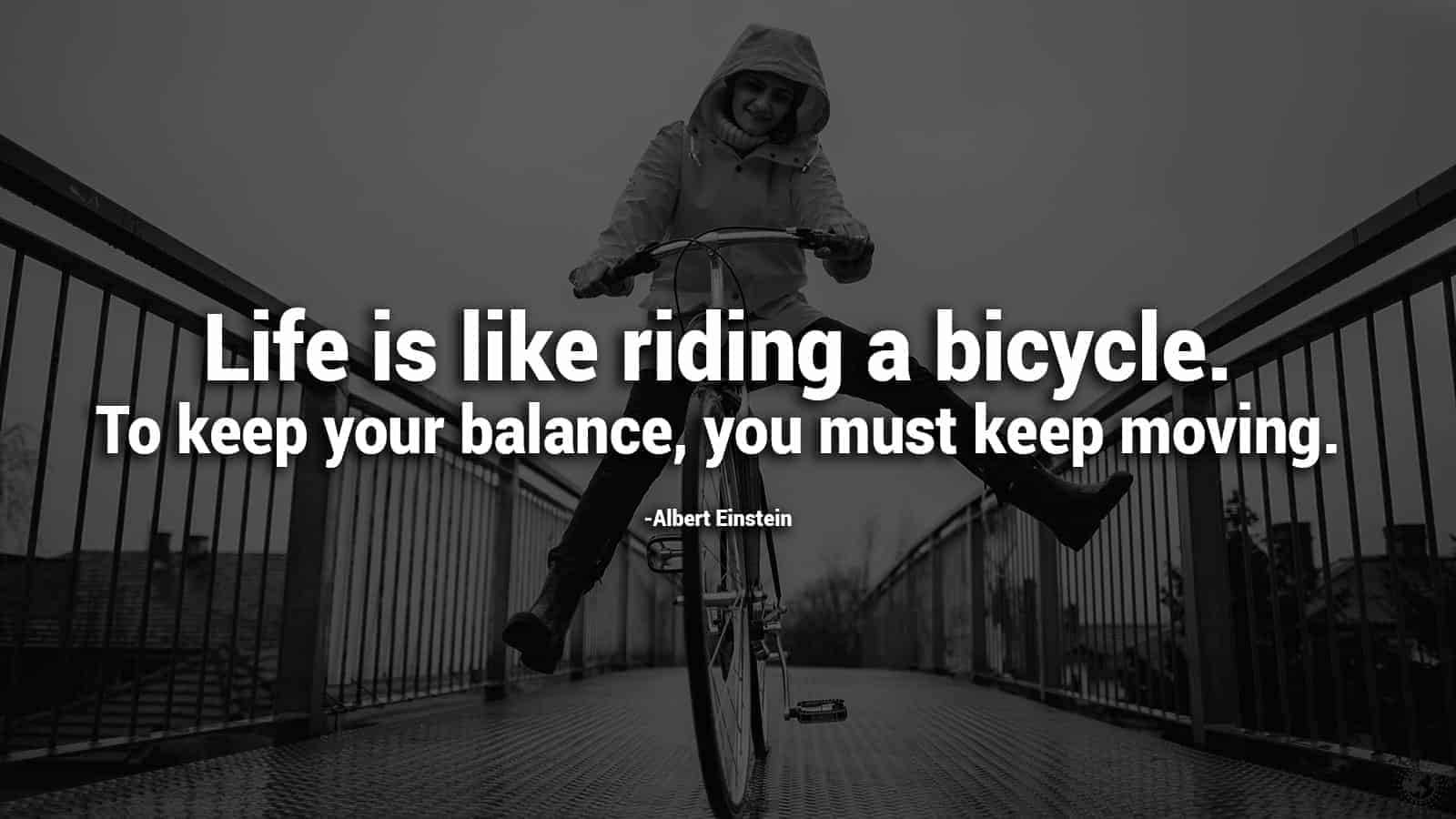Especially in the last few years, more and more people have started pushing the idea that self-awareness is the key to happiness. And while it’s true that being self-aware can bring people certain benefits in life in limited doses, there are also risks associated with it, like becoming more anxious.
Learning to be self-aware is a rocky road. Everyone keeps shouting, “Just be mindful! Look inwards!” but it’s not that easy. And sometimes, the more you try, the more harmful it can become. At some point, the people on the road to becoming self-aware can bump into some issues. And one of the worst bumps out there is the anxiety you can suffer from if you take self-awareness too far.
What Is Self-Awareness?
If you have ever read even one self-help article, you have undoubtedly heard that you can solve everything by being self-aware. That it is some miracle cure that will make all aspects of your life better. And that idea has a snippet of truth, but the way it is pushed can be misleading.
Psychologists haven’t yet decided on one strict definition of self-awareness. Some say it is the ability to monitor and understand your inner world. Others think it is similar to self-consciousness. In some cases, it is described as the difference between how you see yourself versus how others see you. Generally, people define it as the ability to understand who you are through introspection.
Awareness means noticing things in the world. So, following that, self-awareness is about noticing things about yourself. Understanding your feelings, thoughts, strengths, and flaws. The same way you see something about others, you “see” things about yourself when you are self-aware.
And all of this might seem significant. Why wouldn’t you want to introspect? Why wouldn’t you want to be in tune with your emotions? And while understanding yourself is essential, being stuck in your head all day can be detrimental. People can be prone to overthinking and being negative, so learning to be self-aware can quickly go south.
How Self-Awareness Makes People More Anxious
Read how being self aware can cause overthinking and anxiety.
 1. Leads To Self-Consciousness
1. Leads To Self-Consciousness
If you ever embark on the journey of self-awareness, you will inevitably be told that you need to understand how the outside world perceives you.
Understanding how you appear to other people is called external self-awareness. This is a process not about introspection but about gathering information from outside sources. It is about paying attention to how others interact with you and how your actions impact them.
This might seem significant. Once you fully understand how others see you, you’ll adjust your behavior to meet certain expectations. And if you can do that, you can become a better friend, partner, or overall, a better member of society. But it’s not quite that easy.
One of the risks associated with becoming obsessed with external self-awareness is becoming self-conscious. Being self-conscious is often used as a synonym for self-awareness, but it is not. While they are somewhat similar, self-consciousness has a negative connotation. It means being concerned with how you appear to the point where it becomes an obsession and makes you experience negative feelings.
Self-consciousness might feel like others constantly watch and judge you. It can make you lose confidence in yourself, how you look, your morals, and many other aspects. It makes you feel like you are constantly in the spotlight. In many cases, this leads to feelings of embarrassment. Because of that, it puts immense pressure on yourself to be perfect and act precisely how others expect you to.
The stress associated with feeling like you have to act a certain way can often lead to anxiety. The more embarrassed and ashamed you think of yourself, the more you will feel like you have to change. The sheer volume of things you will have to do to reach a level of near-perfection is enough to make everyone panic. Being perfect is not possible, and you shouldn’t try to get those levels. But, when you become overly self-aware, you will feel like you have to, and you will only end up struggling with anxiety.
When you become self-conscious, you begin doubting how others perceive your abilities and morals. You might start questioning your every step and every choice. Are you even a good person? Do people like you, or do they pretend? Those are the questions that might constantly hover in your mind when you start feeling doubt. This can lead to social anxiety and a general lack of confidence.
If you don’t realize quickly that you are spiraling, these issues can worsen and become actual burdens in your life. If you ever feel self-conscious, maybe stop forcing yourself to lead a self-aware life. Stop focusing on appearance and trying to please everyone. Take a break from putting your flaws front and center and emphasize your strengths and attributes.
2. Makes You Overly Critical
A big part of the self-awareness culture is the focus on bettering yourself. To be self-aware means that you always have to identify your flaws and fix them. Always grow, never settle for who you are. You can always become a better version of yourself. That’s what you learn if you pursue this self-help method.
But that mentality can become toxic quickly. People are prone to overthinking and being hard on themselves as it is. If on top of that, you try to grow at all costs, a toxic amount of self-criticism might become an issue. You might start having negative thoughts about who you are regularly. While some self-criticism is usual, experiencing it constantly is very harmful.
When you force yourself to introspect and highlight all your flaws, you might risk getting hung up on those issues. While it is good to fix your weaknesses, obsessing over them day in and day out is not. It will only make you see yourself in a negative light. Moreover, people might struggle when engaging in growth. Sometimes, you will try to change something, but you will fail. But if your only goal in life is self-growth, every failure might hit you like a boulder. It will make you feel incapable and worthless.
 All these things encourage you to start having a negative mindset. You might only begin to see yourself in a bad light. When you’re overly critical, you will have unreasonable expectations. You will exaggerate every minor defect, and you will become overly judgmental of yourself. There is a high risk of you starting to use derogatory words when describing yourself. People in this situation are prone to calling themselves stupid and incapable, and they might begin to see themselves in the worst way possible. Their flaws will become their identity, instead of being parts they can accept and be optimistic about.
All these things encourage you to start having a negative mindset. You might only begin to see yourself in a bad light. When you’re overly critical, you will have unreasonable expectations. You will exaggerate every minor defect, and you will become overly judgmental of yourself. There is a high risk of you starting to use derogatory words when describing yourself. People in this situation are prone to calling themselves stupid and incapable, and they might begin to see themselves in the worst way possible. Their flaws will become their identity, instead of being parts they can accept and be optimistic about.
When your image about yourself changes, and you only start seeing yourself in a bad light, you are prone to becoming stressed. You will not like who you are, you will feel burdened and overwhelmed, and you might start believing no one wants you. This can lead to an overall state of stress, fear, and even social anxiety.
If you want to avoid feeling that way, try to understand that being self-critical isn’t always helpful. If you feel like all you can think about is how flawed you are and how much you could change, take a step back. Try to stop engaging with those ideas and try to learn to embrace yourself. Accepting who you are and understanding that change might not be required for self-awareness.
3. Can Lead To Feelings Of Depersonalisation
Being stuck in your head should make you feel in tune with yourself. But surprisingly, it can have the opposite effect in some cases.
Depersonalization refers to feeling disconnected from your own body and thoughts. Instead of controlling your actions, you might feel like watching yourself from an outside perspective. Your perception of yourself gets distorted, and you feel like you have no say in what you are feeling and how you are acting.
While depersonalization disorder that stems from traumatic events and is much worse than what is discussed here, in the cases where you have too much self-awareness, you might feel periods of disconnection. You will feel depersonalization for short periods, but you will not be at risk of developing the disorder.
But in the cases where you are overly self-aware, your brain might need defense mechanisms to avoid dealing with self-consciousness and self-criticisms. And because those negative feelings are a by-product of introspecting too much, the brain needs to break from them. That’s why it might resort to disconnecting from the body.
When in that state of disconnection, people will have difficulty understanding what’s happening to them. This unknown feeling is likely to make people panic and grow anxious.
While this is a rare effect of being overly self-aware, it is still possible. If you want to avoid that, make sure that you listen to the signs your brain is giving you. Give it a break it needs and stay as far away as possible from too much introspection. While acknowledging your strengths and weaknesses is good, trying to live in your head isn’t. Remember to be present at all times and live in the outside world rather than succumbing to your thoughts.
 Final Thoughts On If Self-Awareness Makes People More Anxious
Final Thoughts On If Self-Awareness Makes People More Anxious
If you’ve ever thought about trying to become more self-aware but you’ve wondered if they are any risks, the answer is yes. As with anything else in life, there is such a thing as being too self-aware. It might seem illogical, but it is a reality. Some people can go overboard when trying to introspect and reflect. And in many cases, the journey towards self-awareness can make you feel anxious rather than fulfilled.
There is a fine line between self-awareness and self-consciousness, and many people cross it. They become unsure of themselves and start obsessing over how they appear externally. You might also become self-critical, to the point where you strive towards unattainable goals. All the stress associated with these feelings makes people highly anxious. In the worst-case scenario. People might even experience depersonalization.
If you ever feel like being self-aware doesn’t work for you, drop it. It is much more important to accept yourself than to burden yourself with the desire to grow constantly.




















